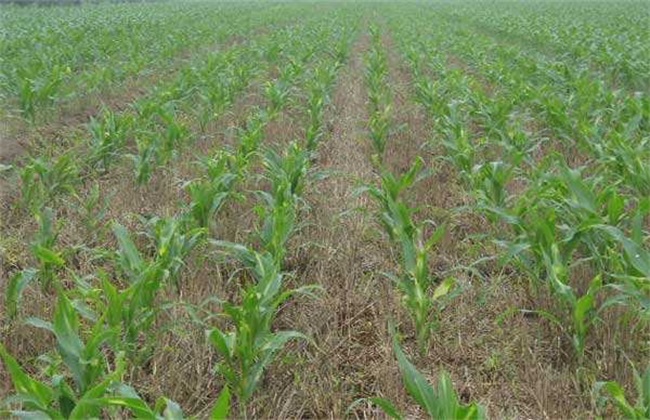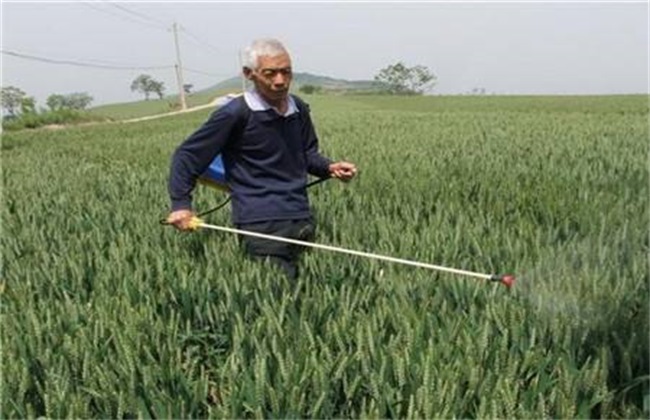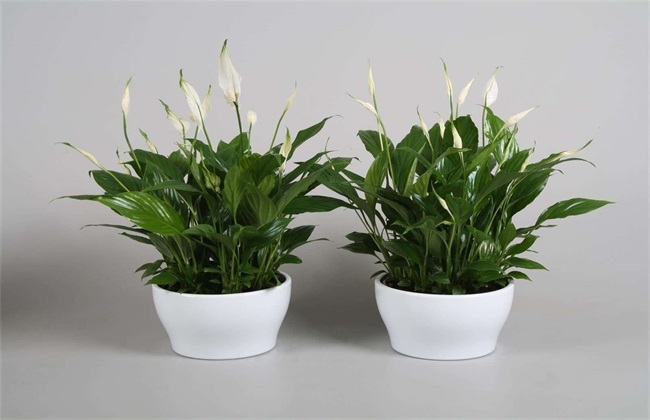Factors affecting the efficacy of herbicides
In daily life, whether it is growing fruits and vegetables or grain, we have to do a good job of weeding. Weeding methods include artificial weeding and chemical weeding, but chemical weeding is more commonly used. When chemical weeding is carried out, the efficacy of herbicides is an aspect that everyone pays close attention to. Because in many cases, the weeding effect of herbicides is not very ideal. So what are the factors that affect the efficacy of herbicides? Let's take a look at it.

1. Temperature
Temperature is a key factor affecting the efficacy of herbicides. When using herbicides, if the temperature is higher, it can improve the efficacy of herbicides, and the effect is better. However, it should also be noted that the higher the temperature, the better. If the temperature is too high, the rate of evaporation of the herbicide becomes faster after spraying, thus affecting the effect of the herbicide. Some herbicides are not suitable to be used in low temperature environment, such as prometryne, etc., too low temperature will lead to drug degradation in time, resulting in drug damage. Therefore, when we use herbicides, we must pay attention to controlling the temperature.
2. Moisture
Moisture also has a certain effect on the efficacy of herbicides. If there is plenty of water, the growth of crops and weeds is relatively good. Crops are also better able to absorb herbicides, and decompose them, transport them, and so on, so as to improve the efficacy of herbicides. And if there is too little water, it will not only affect the growth of crops. Weeds also close a large number of pores in order to adapt to the dry environment, resulting in reduced herbicide absorption and increased weeding difficulty. Therefore, when we apply pesticide, we should pay attention to proper watering to improve the humidity in the field.
3. Lighting
At present, many herbicides belong to photoactive herbicides, such as common herbicide ether, paraquat and so on. All of them need to be in a good light environment in order to have a control effect. And herbicides, such as diuron and prometryne, which have been the photosynthesis of weeds, also need to be in the light environment in order to have an effect. Therefore, we need to control the application time according to the varieties of weeding, if there is a large demand for light, then it should be carried out in a sunny day when the light is strong.
4. Soil PH value
The PH value of soil is also a major factor affecting the efficacy of herbicides. Most herbicides are at their best when the soil has a pH of 6-6.5. Excessive acid and alkali in soil will decompose some kinds of herbicides, resulting in a decline in efficacy. However, acidic herbicides such as soil blocking herbicides need to be carried out in more acidic soil. But agents such as chlorosulfuron can only be used in alkaline soils. Therefore, when we apply herbicides, the control of soil pH is also very important, we must pay more attention to it.
The above is a brief introduction to the factors affecting the efficacy of herbicides. In addition to the above factors, humidity, drug concentration, water quality and so on will more or less affect the efficacy. That's all for today's introduction. Thank you for your reading and support.
Related
- Fuxing push coffee new agricultural production and marketing class: lack of small-scale processing plants
- Jujube rice field leisure farm deep ploughing Yilan for five years to create a space for organic food and play
- Nongyu Farm-A trial of organic papaya for brave women with advanced technology
- Four points for attention in the prevention and control of diseases and insect pests of edible fungi
- How to add nutrient solution to Edible Fungi
- Is there any good way to control edible fungus mites?
- Open Inoculation Technology of Edible Fungi
- Is there any clever way to use fertilizer for edible fungus in winter?
- What agents are used to kill the pathogens of edible fungi in the mushroom shed?
- Rapid drying of Edible Fungi



